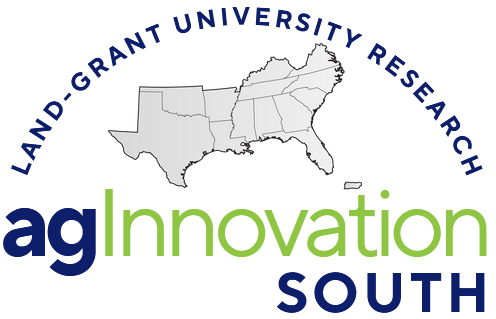
SERA11: Review and Coordination of Oilseed Rape Research Programs in the Southern Region (IEG-55)
(Multistate Research Coordinating Committee and Information Exchange Group)
Status: Inactive/Terminating
SERA11: Review and Coordination of Oilseed Rape Research Programs in the Southern Region (IEG-55)
Duration: 10/01/1992 to 09/30/2007
Administrative Advisor(s):
NIFA Reps:
Non-Technical Summary
Statement of Issues and Justification
Oilseed rape/canola, primarily Brassica napus, is a major oilseed crop worldwide. Since approval of canola oil for sale in the U.S. in 1985, there has been considerable interest in producing canola as a winter crop in the southern region. SERA-IEG 11 was formed in 1991 to provide a forum for information exchange and to coordinate activities of research and extension programs directed at canola production in the southern region. The southern region has a number of advantages for canola production including mild temperatures and adequate rainfall favorable for winter production, presence of existing crushing facilities, access to export facilities, and potential for double cropping. For various reasons production acreage early estimates of up to 250,000 acres for the southern region have not been realized. Low commodity prices, lack of adapted varieties, lack of effective pest control measures, agronomic production problems, and lack of local markets are major reasons why canola production in the South has not exceeded 25,000 acres per year. With more realistic expectations, there still is considerable potential for expanded canola production in the southern region. Much progress has been made in improving canola varieties and production and pest control systems. Continuation of the Information Exchange Group is essential to continue this rapid progress.
Accomplishment: Scientists from across the southern region have met annually to exchange information on research and extension programs on oilseed rape/canola. These meetings have been used successfully as a forum for discussion of research and extension needs and as a means to design and coordinate activities to meet these needs. Examples of coordinated activities derived directly from SERA-IEG-11 are 1) the southern regional canola variety trial program, 2) the development of a regional disease evaluation nursery, 3) disease and pest surveys, 4) improved coordination of funding from the U.S. Canola Research Program.�
Objectives
-
Exchange information on research and extension programs on oilseed rape/canola
-
Determine critical research and extension needs and coordinate activities
-
Expedite the transfer of information to agribusiness clientele and farmers
-
�
Procedures and Activities
Expected Outcomes and Impacts
- The annual meeting for this group continues to be reasonably well attended by representives from many scientist across the southern region. Last year alone, members published seven research articles on topics related to this activity.
- Coordinated regional testing and disease evaluations have led to the development of crop cultivars broadly adapted to the region with improved seed yield, disease resistance, and cold tolerance. Coordination of research and extension activities has led to the development and testing of viable canola production systems for the Southeast. Cropping system research continues to improve the potential for double cropping canola in southern production systems.
- �
Projected Participation
View Appendix E: ParticipationEducational Plan
Procedural Plan: We propose to continue holding a two-day meeting, usually in April, once a year where information reports are given and regional activities are discussed and coordinated.
Internal and External Linkages: Individuals responsible for oilseed rape/canola research programs in state agricultural experiment stations(nine states), 1890 experiment stations(three states), state cooperative extension programs (five states), and USDA have participated. Discipline areas mostly include agronomy (plant breeding & production), entomology, plant pathology, and agricultural economics. The canola seed industry also has been active in this group.
Organization/Governance
Chairman: Paul Raymer, The University of Georgia Secretary/Treasurer: Ernst Cebert, Alabama A & M University
Literature Cited
�